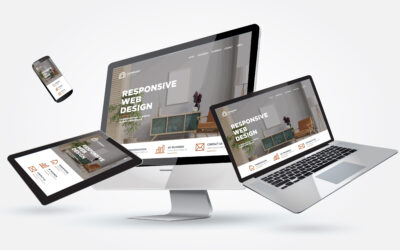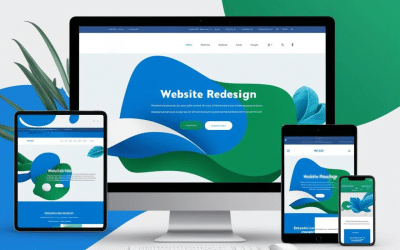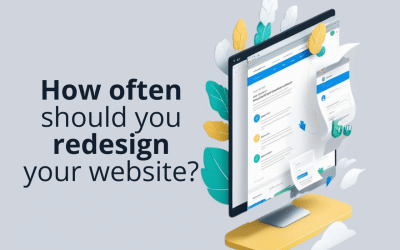Key Takeaways A home builder website needs to answer real questions buyers have. Strong photos,...
Learn, Grow, and Excel in Digital Marketing!
Stay ahead with expert insights and practical tips for enhancing your website, SEO, and all things digital marketing.
All
Digital Marketing
Web Design
Inbound Marketing
SEO
Homebuilders
B2B
Lasso Up News
Business Tax Deductions: Why Your Website Redesign Could Save You Money
Key Takeaways Website expenses may be tax-deductible. Costs related to design, development,...
3 VERY GOOD Reasons for a Website Redesign
Key Takeaways A website redesign enhances user experience by addressing issues related to speed,...
Website Redesign Questions to Ask to See If Your Company Website is Outdated
If your website were a person, would it still be rocking...
How Often Should You Redesign Your Website?
The simplest answer to how often you should redesign your website is this: as often as it needs...
5 Web Design Principles to Follow for Success
If you’re thinking about approaching a new website design project for your company, it’s...
What Is Growth Driven Web Design?
Your website is your most important sales tool and the cornerstone of all your marketing efforts....
Web Design Styles and Visual Hierarchy
Nothing in web design should happen by accident. To put that another way, every web design...
7 Great Resources for Website Design Inspiration
Find Web Design Inspiration Resources for your website redesign project. Look and feel, navigation, layout and messaging ideas.










 "We couldn’t be happier with the process and the final product. We really can’t imagine hiring anyone else!"
"We couldn’t be happier with the process and the final product. We really can’t imagine hiring anyone else!"











